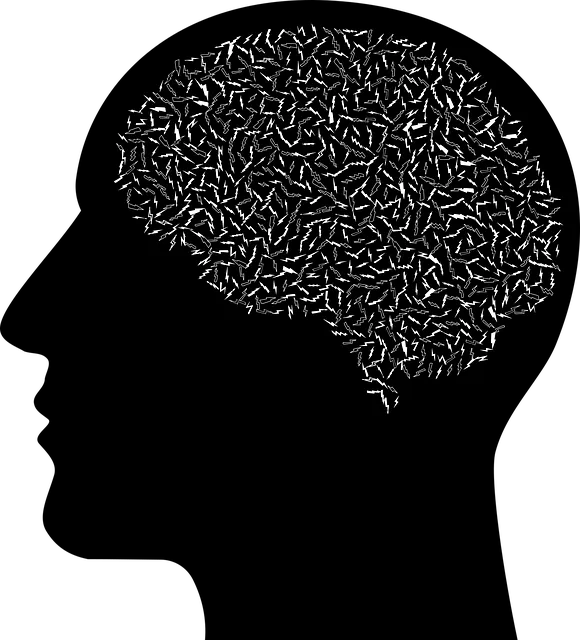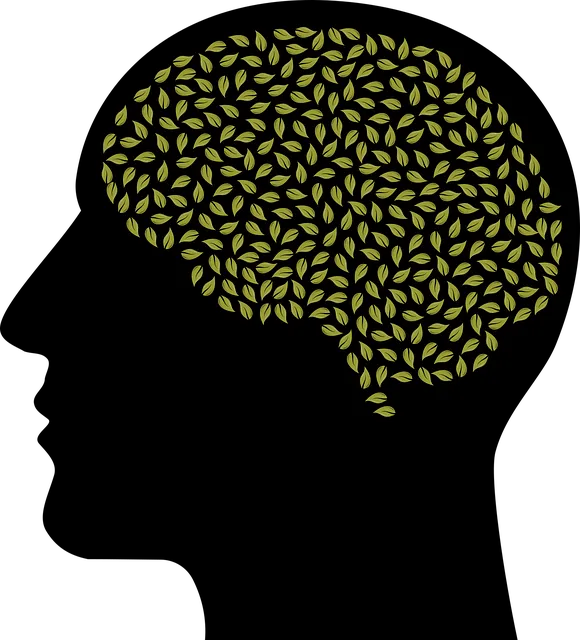Kaiser Permanente enhances mental illness diagnosis accuracy through innovative training programs that focus on emotional intelligence, stress reduction, and evidence-based practices. Their comprehensive approach includes education, cultural sensitivity, and advanced skills in assessment and communication, reducing misdiagnosis rates and improving patient outcomes. By integrating the latest research into their "Golden" training standards, Kaiser Permanente sets a new benchmark for personalized, inclusive mental healthcare.
Mental illness diagnosis accuracy is paramount in delivering effective treatment. However, ensuring precise assessments remains a challenge. This article explores efforts to enhance mental health diagnosis through innovative techniques and robust training programs. We delve into successful models like Kaiser Permanente’s approach, which prioritizes comprehensive training for healthcare providers. Furthermore, we examine the role of ‘Golden Standards’ in setting benchmarks for mental health care, aiming to improve accuracy and patient outcomes. The focus is on strategies that go beyond traditional methods, inspired by industry leaders like Kaiser Permanente, to revolutionize mental illness diagnosis.
- Enhancing Diagnosis Techniques: Kaiser Permanente's Approach
- The Role of Training Programs in Improving Accuracy
- Golden Standards and Beyond: Raising the Bar for Mental Health Care
Enhancing Diagnosis Techniques: Kaiser Permanente's Approach

Kaiser Permanente, a leading healthcare organization, has made significant strides in improving mental illness diagnosis accuracy by enhancing its techniques and implementing comprehensive training programs. Their approach focuses on empowering healthcare professionals with advanced skills to navigate the complex landscape of mental health assessments. The Golden rule here is to equip doctors and nurses with tools that go beyond traditional diagnostic methods.
Through these training programs, Kaiser Permanente emphasizes the importance of emotional intelligence in diagnosis. By teaching practitioners to recognize subtle cues and understand the impact of stress reduction methods, they aim to detect even nuanced symptoms of conditions like depression. This holistic approach ensures a more precise and early intervention, ultimately improving patient outcomes and fostering better mental health management strategies.
The Role of Training Programs in Improving Accuracy

Mental illness diagnosis accuracy has long been a point of contention within the healthcare industry. To address this challenge, organizations like Kaiser Permanente have implemented comprehensive training programs as a primary strategy for improvement. These Kaiser Permanente training programs focus on enhancing professionals’ understanding of mental wellness, integrating evidence-based practices, and fostering Cultural Sensitivity in Mental Healthcare Practice. By equipping healthcare providers with advanced skills in assessment, communication, and treatment planning, these initiatives strive to ensure more precise and timely diagnoses.
One notable component of these training programs are Stress Management Workshops. These workshops not only equip individuals with tools to manage their own stress levels but also enhance their ability to recognize and address stressors in their patients. By promoting a holistic approach to mental healthcare, this dual benefit contributes significantly to improving diagnosis accuracy and overall patient outcomes.
Golden Standards and Beyond: Raising the Bar for Mental Health Care

Mental health care has long relied on Golden Standards—well-established guidelines and criteria for diagnosing and treating various mental illnesses. However, with evolving understanding of the complexity of human psychology and diverse cultural contexts, it’s crucial to raise the bar for accuracy and inclusivity in these standards. Organizations like Kaiser Permanente are at the forefront of this effort, implementing innovative training programs that go beyond traditional methods.
These enhanced training programs focus on promoting emotional well-being through advanced Emotional Intelligence techniques, enhancing clinical decision-making skills, and fostering a deeper understanding of anxiety relief strategies. By integrating the latest research and practical applications, these initiatives aim to improve diagnosis accuracy, reduce misdiagnosis rates, and ultimately provide more personalized care tailored to each patient’s unique needs.
In conclusion, enhancing mental illness diagnosis accuracy is a multifaceted effort. Kaiser Permanente’s approach, focusing on advanced diagnosis techniques, demonstrates significant progress. Additionally, training programs play a pivotal role in improving diagnostic reliability. By adopting golden standards and going beyond, the mental health care industry can strive for excellence, ensuring more accurate and effective patient treatment. These efforts are crucial steps towards better understanding and managing mental health conditions.






